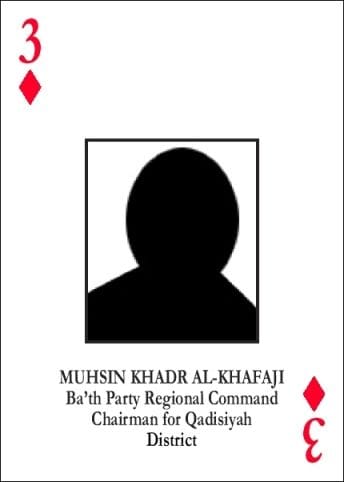
Spring Break Reading Guide
[/sites/default/files/200px-Adujivitam.jpg]For those fortunate enough to find a bit of time to read books not directly related to work over spring break or the summer, MERIP solicited recommendations from editors and contributors. Reading is often part of daily professional work, even a form of drudSaudi Bullying of Qatar
Just ahead of a planned state visit from President Barack Obama, Saudi Arabia is brandishing the threat of a land and naval blockade against its neighbor and fellow Gulf Cooperation Council member Qatar. Saudi Foreign Minister Sa‘ud bin Faysal threatened such military action unless Doha shuts down the AlIntroducing the MERIP Blog's Guest Editors
MERIP’s blog aims to complement our time-honored long-form analysis in Middle East Report and Middle East Report Online with a more spontaneous, ongoing conversation. MERIP’s blog is produced by our staff (Chris Toensing [http://www.merip.org/author/chris-toensing] and Amanda Ufheil-Somers [http://wNew Documentary on US Military's Migrant Workers
Starting today, Al Jazeera’s “Fault Lines” will air “America’s War Workers [http://america.aljazeera.com/articles/2014/3/7/after-12-years-ofwarlaborabusesrampantonusbasesinafghanistan.html],” a documentary by MERIP editor Anjali Kamat (@anjucomet [http://twitter.com/anjucomet]) on the use of migrant"Journalists Are the Eyes of the World" on Guantánamo
Lisa Hajjar’s spring lecture tour, entitled “Let’s Go to Guantánamo! An On-the-Ground Perspective on the Military Commissions,” explores secret renditions, black sites, torture, suppression of evidence, clandestineness and what it means to provide “legal counsel” to detainees in the post-September 1The Battle for Nazareth
By order of the Israeli Supreme Court [http://www.haaretz.com/news/national/1.573700], Nazareth will reconduct its mayoral election on March 11. The city is once again the site of an acrimonious political battle. Municipal elections were held in Nazareth, along with the rest of the country, on OctoAnalyze This
In her column on the Haaretz website yesterday, Carleton University political scientist Mira Sucharov bemoaned the tendency [http://www.haaretz.com/blogs/the-fifth-question/.premium-1.577688 ] of “some of the cleverest minds on Israel and Palestine” to “devolve” into Manichean thinking about IsraelOur Primer on Israel-Palestine
Some 43 years ago, a group of activists in the movement to end the war in Vietnam founded the Middle East Research and Information Project. The impetus was that the American public, including the anti-war left, was poorly informed about the Middle East and the US role [https://www.jacobinmag.com/20The Ongoing Fantasy of Israeli Democracy Before 1967
The past week has a witnessed a flurry of debate in the American and Israeli media over the growing call [http://www.bdsmovement.net/] to boycott companies and institutions that profit from or are otherwise complicit in the ongoing 47-year occupation of the West Bank and Gaza Strip.The Sisi Shuffle
This morning Egypt’s military-installed cabinet resigned en masse [http://madamasr.com/content/beblawi’s-government-resigns ]. Initial comment implies that the resignations were a surprise but nonetheless fit into a pattern of events paving the way for a presidential run by Field Marshal ‘Abd al-Fat